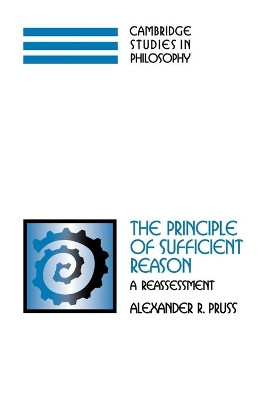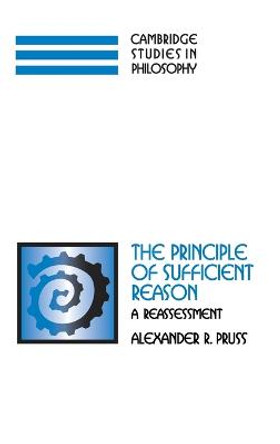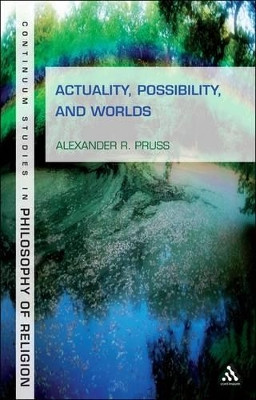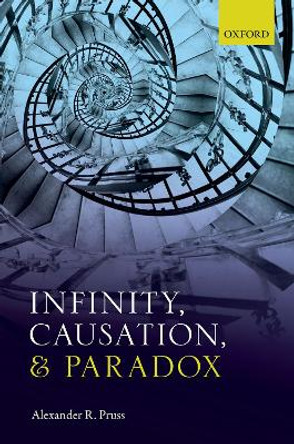The Principle of Sufficient Reason (PSR) says that all contingent facts must have explanation. In this 2006 volume, which was the first on the topic in the English language in nearly half a century, Alexander Pruss examines the substantive philosophical issues raised by the Principle Reason. Discussing various forms of the PSR and selected historical episodes, from Parmenides, Leibnez, and Hume, Pruss defends the claim that every true contingent proposition must have an explanation against major objections, including Hume's imaginability argument and Peter van Inwagen's argument that the PSR entails modal fatalism. Pruss also provides a number of positive arguments for the PSR, based on considerations as different as the metaphysics of existence, counterfactuals and modality, negative explanations, and the everyday applicability of the PSR. Moreover, Pruss shows how the PSR would advance the discussion in a number of disparate fields, including meta-ethics and the philosophy of mathematics.
In this 2006 volume, Alexander Pruss examines the substantive philosophical issues raised by the Principle of Sufficient Reason.ReviewsThe scope of the book is truly encyclopaedic...Pruss's book is an excellent summary of arguments for and against Principle of Sufficient Reason, and will provide much food for thought for philosophers of many different persuasions. - Kevin Davey, University of Chicago, Religious Studies
"This is a masterly treatment of the Principle of Sufficient Reason in a multitude of its philosophical guises and contexts...the book is an excellent achievement, and I can think of no sufficient reason why it should not grace the shelves of any philosopher." --Dean Rickles, University of Calgary: Philosophy in Review
Book InformationISBN 9780521184397
Author Alexander R. PrussFormat Paperback
Page Count 350
Imprint Cambridge University PressPublisher Cambridge University Press
Weight(grams) 510g
Dimensions(mm) 229mm * 152mm * 20mm






